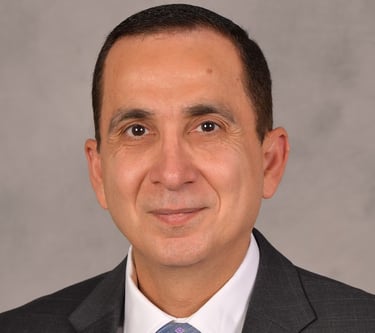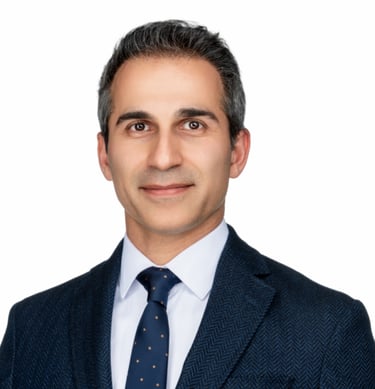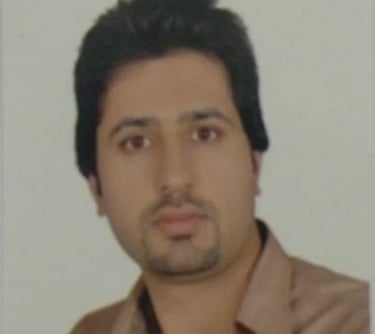Get to know us
The Intelligent Health Computing (IHC) Core is a collaborative hub of computational scientists dedicated to advancing medical data processing and multimodal, image-guided systems. We integrate radiology, pathology, surgical, and physiologic data with clinical outcomes to build robust, AI-ready datasets and deploy models that elevate decision support, precision diagnosis, and treatment planning.
What we do
Multimodal data integration: Fuse whole-slide pathology, MRI/CT/PET, ultrasound, endoscopic video, wearable signals, and EHR variables into coherent, harmonized datasets.
Image-guided systems: Develop algorithms and workflows that inform intra-procedural navigation, tumor margin assessment, and therapy response monitoring.
AI/ML pipelines: Design and validate models for segmentation, detection, prognosis, and treatment effect prediction using classical ML and modern deep learning (including foundation and multimodal architectures).
Computational pathology: Build high-throughput WSI pipelines (tiling, QC, stain normalization, self-supervision) and link spatial features to molecular and clinical endpoints.
Clinical deployment: Translate prototypes into secure, containerized services with monitoring, auditing, and human-in-the-loop review.
Methods research: Advance algorithms for domain shift, uncertainty estimation, interpretability, and federated/secure learning.
Capabilities
Secure data environment: HIPAA-aligned governance, IRB-aware data onboarding, de-identification, and PHI-safe audit trails.
Scalable compute: GPU-accelerated training and high-memory inference for large images and video; workflow orchestration for reproducible experiments.
Standards & interoperability: DICOM, FHIR, OMOP, and FAIR data practices for shareable science and smooth clinical integration.
Quality & validation: Prospective test design, reader studies, statistically rigorous benchmarking, and model monitoring to guard against drift.
Collaboration & Impact
IHC partners with clinicians, basic scientists, and industry to co-design solutions that matter at the bedside. Recent efforts include:
Multimodal biomarkers for early treatment response in oncology.
Image-guided decision support for interventional radiology and neurosurgery.
Digital pathology pipelines linking morphometrics with genomics for risk stratification.
Our mission
Accelerate translational science by transforming complex, heterogeneous medical data into trustworthy, actionable intelligence—safely, reproducibly, and at scale.
How we work with you
Consultation & scoping: Define the clinical question, feasible endpoints, and regulatory pathway.
Data & workflow setup: Secure ingestion, harmonization, and labeling.
Modeling & evaluation: Iterative development with transparent metrics and bias checks.
Translation: Packaging for pilot deployment, documentation, and training for clinical teams.


Our team
Our strength lies in our individuality and interdisciplinary collaborations.
Bardia Rodd, PhD
IHC Founder / Director
Associate Professor


Michel R Nasr, MD, FRCPC
Chair / Professor of Pathology
Medical Director, Genomics
Medical Director, Clinical Pathology


Saverio J. Carello
Director Biomedical Informatics & Digiotal Pathology


Ola El-Zemmar, MD
Associate Professor of Pathology
Director of Surgical Pathology




Meghdad Sabouri Rad, PhD
2nd PhD Candidate


Harmen Reinoud Siezen
University of Amesterdam/ University of Maryland College Park
B.Sc. in Artificial Intelligence from the University of Amsterdam


Mina Kheirkhah, PhD
National institute of Health - NIH


Blake Gilbert
Biocompputational Engineering
University of Maryland College Park


MM Hosseini, PhD
IHC POst Doctoral Candidate
IHC Associates


Junze (Vincent) Huang
PhD Candidate with the University of South Carolina
M.A. in Statistics from Columbia University